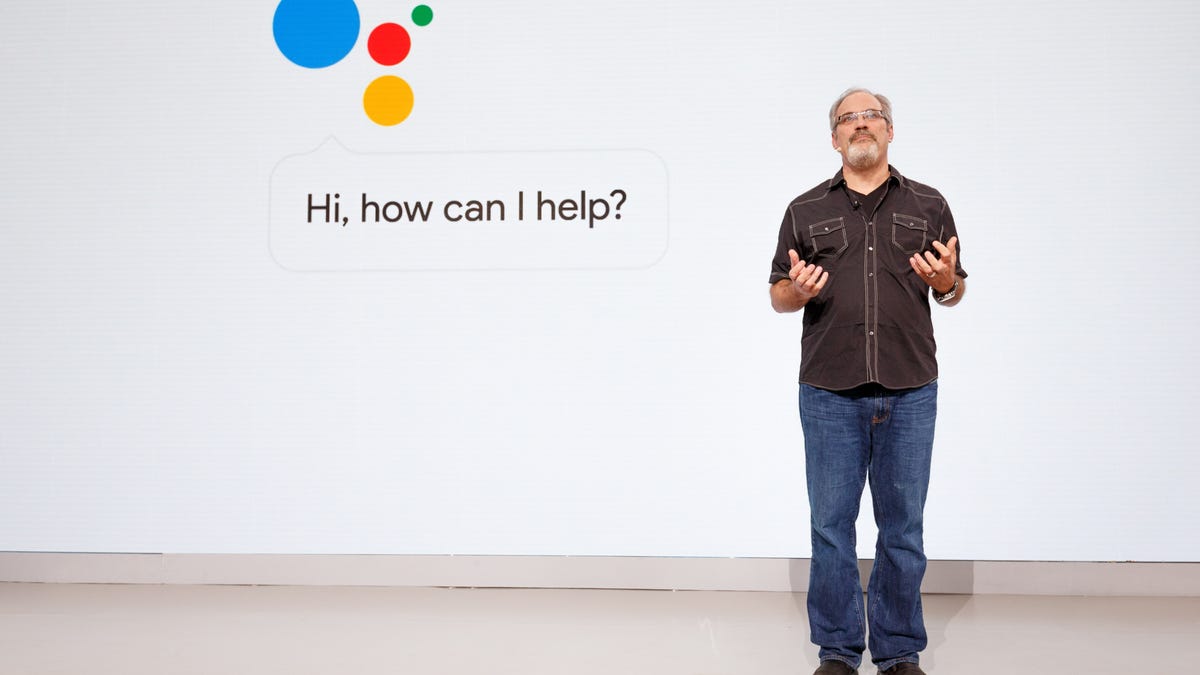Obama: Don't let AI impoverish American citizens
Artificial intelligence could help a few financially while leaving most of us jobless, the president warns. How about a "universal income" to redistribute wealth?
Artificial intelligence could be a huge economic boon, but not if its benefits help only the highest-skilled workers, whose jobs computers can't replace, President Barack Obama believes.
With AI research rapidly becoming AI products from Google , Apple , Microsoft, Facebook and other companies, the technology is no longer an academic curiosity. Obama expects great things of AI as it spreads to new industries, he said in an interview with Wired magazine published Wednesday. But his optimism was guarded.
"High-skill folks do very well in these systems. They can leverage their talents, they can interface with machines to extend their reach, their sales, their products and services," Obama said. "Low-wage, low-skill individuals become more and more redundant, and their jobs may not be replaced, but wages are suppressed."
One possible fix he mentioned is a "universal income" to redistribute money and ensure "folks have a living income," though he also said that would be politically difficult for a lot of people to accept.
Obama's words reflect the tremendous importance AI is assuming in our lives. The most powerful person on the planet, who's got to worry about nuclear war and economic recovery, also is taking time to concern himself with what's happening inside a bunch of servers humming in tech company data centers.
Artificial intelligence is surging thanks to new neural network technology that lets computers learn from real-world data and make decisions in a way similar to how human brains work. Computers use the technology for everything from identifying who's in a photo to communicating with human speech.
Much of the AI revolution is taking place at tech companies, for example the Google Assistant built into the new Google Pixel phones that debuted last week. The Obama administration believes government deserves a say, too, so more people can be involved in shaping AI's long-term future.
To that end, just ahead of the White House's Frontiers tech conference, the Obama administration published two big papers Wednesday. One is on the preparing for the future of AI, the other sets out priorities for federally funded research into AI.
Want to have your own say? Tune into the live-streamed Frontiers conference on Thursday, jump onto Twitter and break out the #FutureofAI hashtag.


